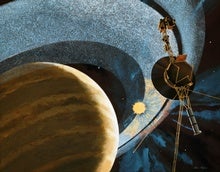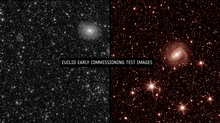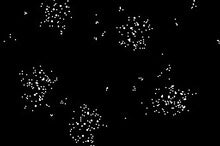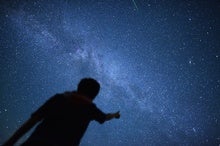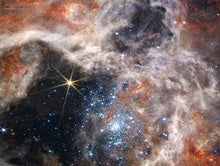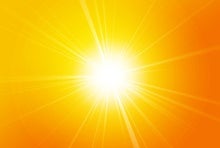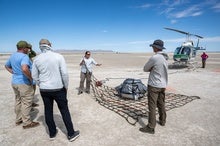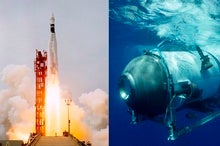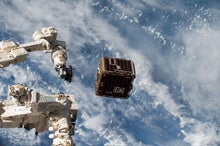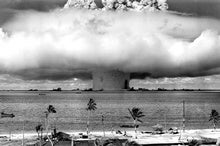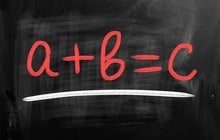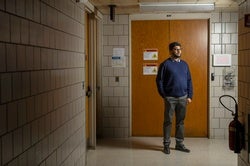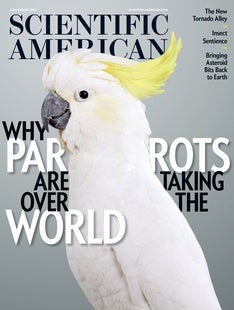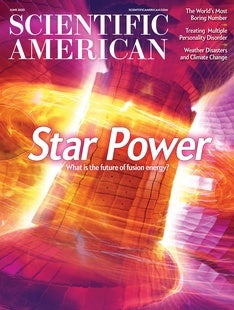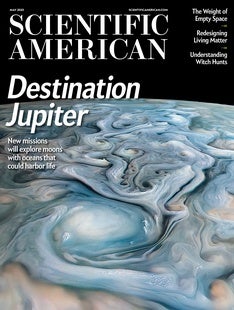 |
| August 03, 2023 |
This week, we're putting up some resistance to an electrifying claim that's currently sparking a surge of interest around the globe. Our lead story covers the recent news of a potential major breakthrough in materials science—the possible identification of a high-temperature, ambient-pressure superconductor. That is, a substance that doesn't require extreme conditions to allow the frictionless flow of electrons (and thus the perfectly efficient conduction of electricity). Such a discovery could lead to truly revolutionary advances in power grids, transportation, computing and more—presuming, of course, it's genuine. Elsewhere, we have stories on a communications kerfuffle with the Voyager 2 spacecraft, the first images from the Euclid space telescope, a guide to decoding messages from aliens, the faintest stars you can see in the sky, and much more. Enjoy! |
| | Lee Billings, Senior Editor, Space & Physics
| |
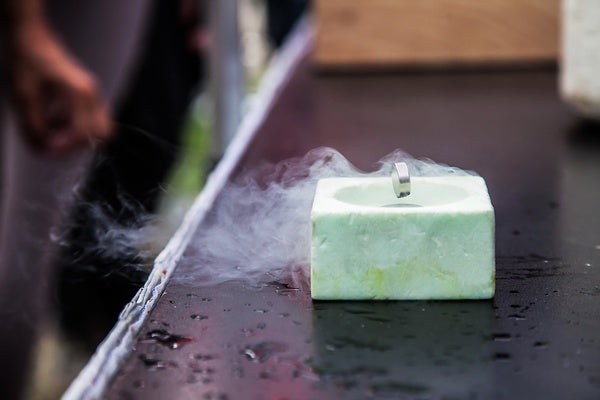 |
| |
| |
| |
| Astronomy Can You Decode an Alien Message? An artist, a programmer and a scientist have created a simulation of extraterrestrial communication to test Earthlings' ability to understand it | | | | |
| |
| |
| |
| |
| |
| |
| |
| |
| Artificial Intelligence Oppenheimer Offers Us a Fresh Warning of AI's Danger The U.S. ignored Oppenheimer's warnings about nuclear weapons and rushed to build and deploy a dangerous technology. We must not make the same mistake with AI | | By Senator Edward J. Markey | | | |
| |
| |
FROM THE ARCHIVE
 | | | |
LATEST ISSUES
 |
| |
| Questions? Comments?  | |
| Download the Scientific American App |
| |
| |



